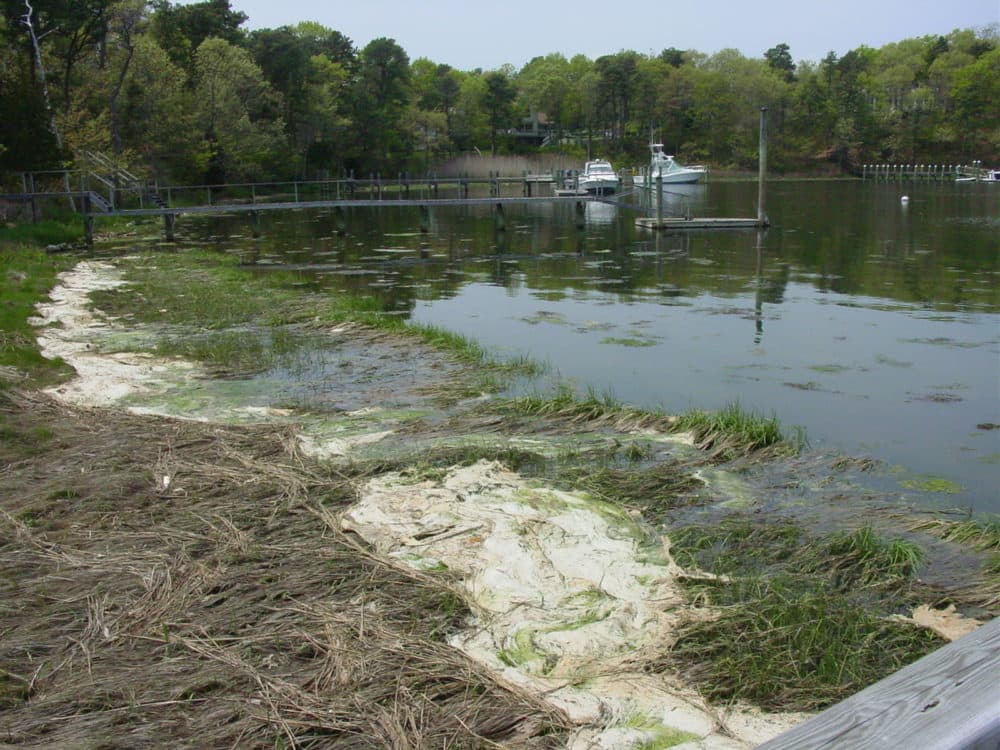New state rules mean thousands of Cape Cod homeowners may need to replace septic systems
wbur
Barbara Moran
June 21, 2023

New state regulations finalized today will require thousands of Cape Cod residents to replace or upgrade their septic systems, unless local water districts come up with plans to mitigate nitrogen pollution.
Decades of nitrogen pollution — primarily from septic systems — have led to severely diminished water quality in bays and estuaries, causing the overgrowth of algae and murky, foul-smelling water.
Under the new regulations, communities in a nitrogen-polluted watershed have two years to get a watershed-wide permit that outlines a plan for reducing their pollution. If a watershed district does not obtain a permit, the owners of septic systems there will have to replace or upgrade their systems within five years.
The regulations, when proposed last year, prompted concerns from residents about cost and feasibility. Replacing a traditional septic system for a single-family home with a nitrogen-filtering system could cost up to $35,000. Upgrading an existing system to add additional filtration for nitrogen costs roughly $30,000.
In a statement, Governor Maura Healey called nitrogen pollution “one of the most pressing environmental and economic problems facing Cape Cod.” She said her administration would work to “ensure there is financial support as the new regulations are implemented.”
Earlier this year, Governor Healey filed a tax package that included tax rebates up to $12,000 for homeowners who upgrade their septic systems.
To obtain a watershed permit, communities will need to map out the best strategies to reduce nitrogen pollution, which could include centralized wastewater treatment and alternative approaches like aquaculture, permeable reactive barrier walls and fertilizer reduction.
“These regulations are long overdue, much needed, and transformational for Cape Cod,” said Andrew Gottlieb, executive director of the Association to Preserve Cape Cod. “These regulations move us away from traditional septic systems and create incentives for towns to move to watershed-scale solutions that provide the best possible environmental outcome at the lowest possible cost to the public.”
The state made several adjustments to the draft regulations after holding public hearings.
Most notably, the final regulations are focused only on Cape Cod watersheds with excessive nitrogen pollution — not additional coastal areas as originally planned. The final regulations also provide additional time for upgrading existing septic systems and offer more flexibility in the permitting process.
If will take years, if not decades, before the new regulations significantly improve water quality on the Cape, said Gary Moran, deputy commissioner at the Massachusetts Department of Environmental Protection. But “if left unaddressed, the problems are only going to get worse.”
New state rules mean thousands of Cape Cod homeowners may need to replace septic systems – wbur
